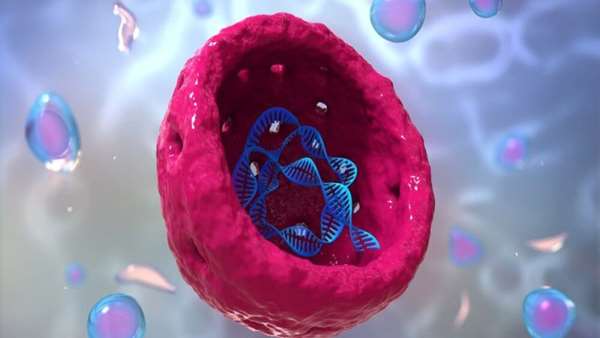Has The Cellular Aging Master Circuit Been Discovered
Humans have long searched for the possibility to extend life and some to even become immortal. But when it comes down to it many consider this to just be a flight of fanciful dreams. But according to research this is not necessarily true. In recent years research is indicating that we can take steps to extend our healthspan and in turn longevity.
Humans have long searched for the possibility to extend life and some to even become immortal. But when it comes down to it many consider this to just be a flight of fanciful dreams. But according to research this is not necessarily true. In recent years research is indicating that we can take steps to extend our healthspan and in turn longevity. Now University of California researchers have revealed a groundbreaking discovery regarding the intricacies of cellular aging, and in light of their findings the team suggests that the notion of dramatically extended human lifespan is not so far fetched after all.
Each individual’s lifespan and personal rate of aging is determined by the aging of their individual cells. This study set out to investigate different types of cells at different ages, at different speeds based on different causes and stimuli using the budding yeast Saccharomyces cerevisiae which provided a suitable model to track the aging mechanisms of various cell types.
The study published in Science found that two cells made of the exact same genetic material and residing in the same bodily location can age in vastly different ways and cellular/molecular trajectories. Using a variety of complex techniques it was discovered that about half of the cells age due to a slow decline in the stability of their nucleus, while the other cells appear to age primarily due to dysfunctional mitochondria.
At the beginning of their existence cells appear to start aging early on in their nucleolar or mitochondrial path of aging, and they continue to follow the same aging process until they die off. The team claims to have been able to find the master circuit that is in charge of controlling these aging processes and paths among the cells.
“To understand how cells make these decisions, we identified the molecular processes underlying each aging route and the connections among them, revealing a molecular circuit that controls cell aging, analogous to electric circuits that control home appliances,” says senior study author Nan Hao, an associate professor in the Section of Molecular Biology, Division of Biological Sciences.
Their discovery allowed for the construction of a new model of the aging landscape, and the revelation that the team might be able to conceivably manipulate and optimize the aging process. As such using a series of computer simulations the team reprogrammed the master molecular circuit via DNA modifications which resulted in the creation of a novel aging route that offered a much longer lifespan. The team plans to continue testing their model on more complex cells before moving onto human cell testing.
“Our study raises the possibility of rationally designing gene or chemical-based therapies to reprogram how human cells age, with a goal of effectively delaying human aging and extending human healthspan,” Hao says.
“Much of the work featured in this paper benefits from a strong interdisciplinary team that was assembled,” says Biological Sciences Professor of Molecular Biology Lorraine Pillus, a study co-author. “One great aspect of the team is that we not only do the modeling but we then do the experimentation to determine whether the model is correct or not. These iterative processes are critical for the work that we are doing.”
Reference:https://www.worldhealth.net/news/has-cellular-aging-master-circuit-been-discovered/




ارسال به دوستان